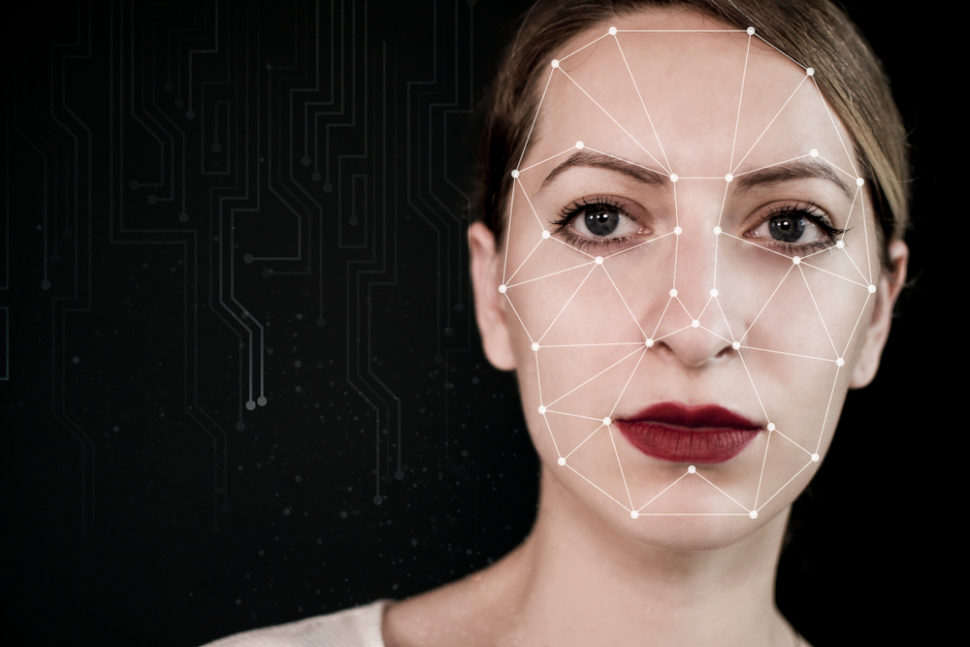Facebook AI researchers have reportedly developed a de-identification technology that can spot deepfakes on videos.
Many companies are already developing similar technologies. However, this is the first time that one has been made to work on videos.
According to reports, the new AI tech was able to expose advanced facial recognition systems during initial tests.
In a paper published by Facebook researchers, they wrote:
“We propose a method for face de-identification that enables fully automatic video modification at high frame rates. The goal is to maximally decorrelate the identity while having the perception (pose, illumination, and expression) fixed.”
By using a novel feed-forward encoder-decoder network architecture that’s been trained on high-level facial images of people, the team was able to achieve its goal.
“The network is global, in the sense that it does not need to be retrained for a given video or for a given identity, and it creates natural-looking image sequences with little distortion in time,” the researchers further explained.
How Facebook’s De-Identification Technology Works
Facebook’s face de-identification technology uses an adversarial autoencoder, together with a trained face-classifier. The network is reportedly trained in a counter-factual way.
Based on the system’s conditioning, the output was designed to be different from the input in key aspects. This makes the generation task highly semantic.
To de-identify fake images on videos, Facebook researchers use an image of a person on the video, calling it a target image. They explained:
“The method then distances the face descriptors of the output video from those of the target image. The target image does not need to be based on a frame from the input video. This contributes to the applicability of the method, allowing it to be applied to live videos.”
A Facebook representative told VentureBeat that the company has no plans to integrate the said de-identification technology in any of its existing applications yet. However, the researchers are positive that their work could lead to the development of technologies that protect the privacy of people.



















Comments (0)
Least Recent